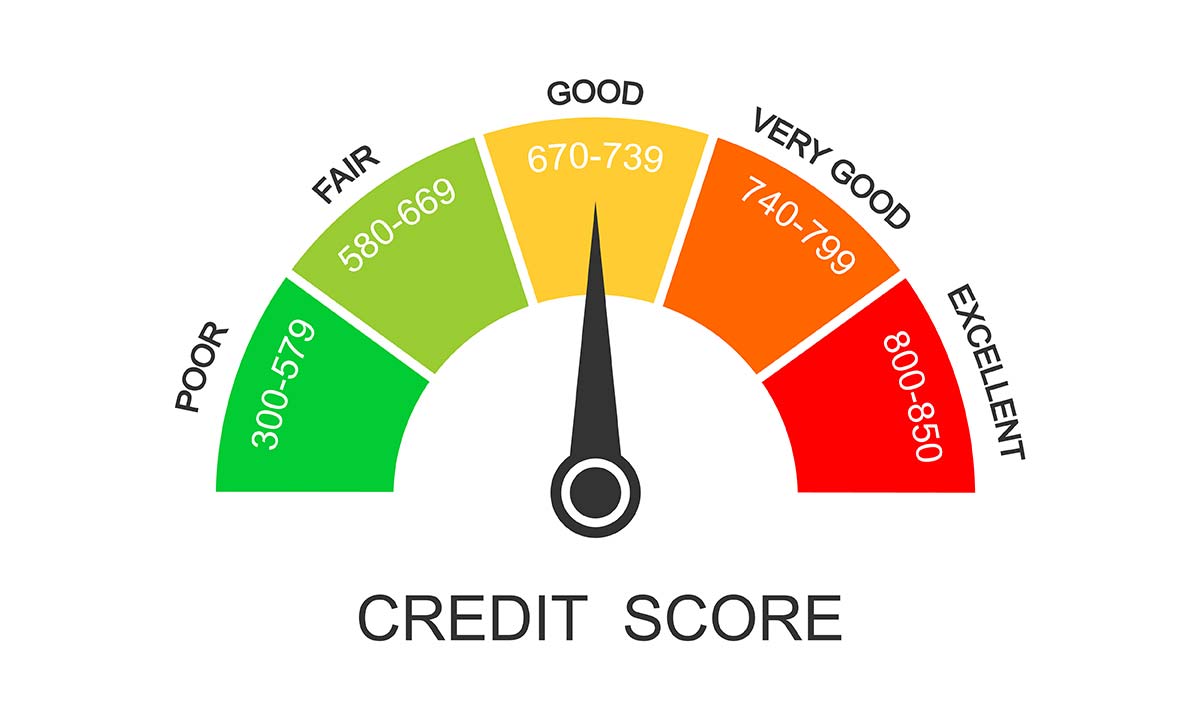Credit Scores Decoded: What Matters in 2025 and What Doesn’t

Credit scores are often treated like a mysterious number that lenders hold over us. But in reality, your score is based on a handful of key factors—and not all of them are as important as people think. In 2025, credit scoring models have become more sophisticated, but the basics remain the same. Let’s decode what really matters for your credit score this year, and what you can safely stop worrying about.
What Still Matters Most
1. Payment History (≈35%)
On-time payments are still the single biggest factor in your credit score. A single missed payment can stay on your report for up to seven years, so consistency is key. Whether you’re a millennial just starting out or a boomer managing retirement expenses, making payments on time should always be priority number one.
2. Credit Utilization (≈30%)
This is the ratio of how much credit you’re using compared to your total available credit. Experts recommend keeping utilization under 30%, though under 10% is even better for top scores. Carrying big balances—even if you pay them off each month—can temporarily ding your score.
3. Length of Credit History (≈15%)
The longer your accounts have been open, the better. That’s why it’s often smart to keep old credit cards open, even if you don’t use them regularly. A long history shows stability and responsibility.
4. Credit Mix (≈10%)
Having a variety of accounts—like credit cards, a car loan, or a mortgage—can improve your score. But don’t open loans just to “diversify”; the impact is relatively small compared to payment history and utilization.
5. New Credit & Hard Inquiries (≈10%)
Applying for lots of credit in a short period of time can lower your score. Each hard inquiry may only cost a few points, but too many at once looks risky to lenders.
What Matters Less in 2025
1. Checking Your Own Score
Pulling your own credit report or score is considered a “soft inquiry” and does not hurt your score. Monitoring your credit is actually encouraged to catch errors or identity theft.
2. Income Level
Your salary isn’t directly factored into your credit score. Lenders care about whether you pay on time, not how much you make. Income only matters when qualifying for loans, not in calculating your score.
3. Utility Bills & Rent (Mostly)
While some rent and utility payments may now be reported if you opt in through certain services, they don’t carry as much weight as traditional credit accounts. If reported, on-time payments can help, but missed ones may hurt.
4. Debit Card Usage
Spending with a debit card doesn’t build your credit. Only accounts reported to credit bureaus (like credit cards or loans) affect your score.
Tips for Boosting Your Score in 2025
- Always pay at least the minimum on time.
- Keep balances low compared to your limits.
- Don’t close your oldest credit card.
- Space out applications for new credit.
- Use free credit monitoring tools to stay informed.
The Bottom Line
Credit scores aren’t as mysterious as they seem. In 2025, the same core habits—on-time payments, low balances, and long-standing accounts—are what drive your score higher. Forget the myths about checking your score or income level; focus instead on the fundamentals. No matter your age or stage in life, building strong credit is about consistency and smart management over time.